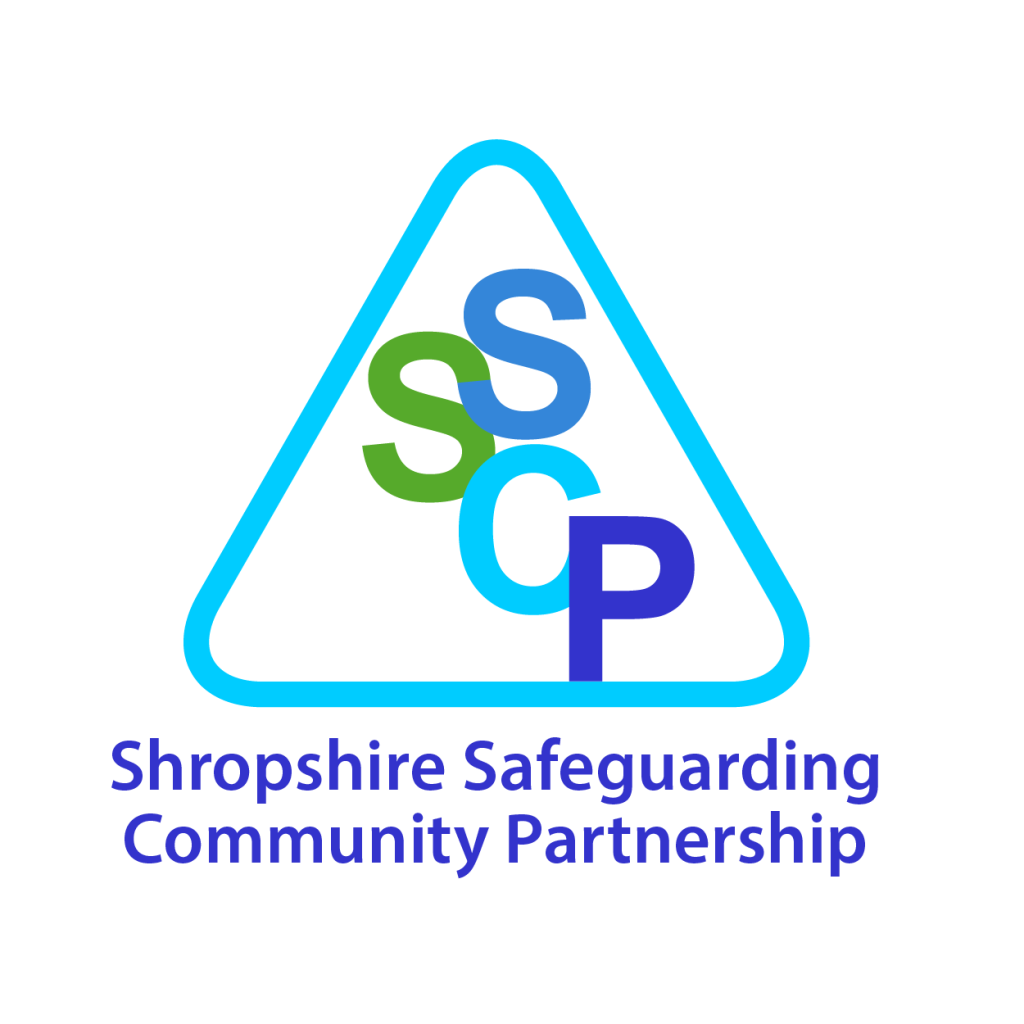Coronavirus: “If you See Something, Say Something” – new podcasts launched to help identify safeguarding concerns
Two new training podcasts have been launched to help people identify and act on any safeguarding concerns they may have about an adult or a child during the coronavirus pandemic.
The podcasts, created by Shropshire Council and Shropshire Partners in Care, are for anyone working or volunteering in the local community.

Shropshire Partners in Care
The podcast sessions are aimed to raise awareness of abuse and neglect of children and adults, what to look for if you do see a child or adult being subject to this, and what appropriate action you can take.
Abuse can take the form of psychological, physical, sexual, emotional or economic abuse, and occur in a wide range of domestic settings. This can include physical violence, manipulation, isolation, control, and use of threats and humiliation which harm, frighten or punish a child or adult.
Recent ONS Survey statistics show that The Crime Survey for England and Wales (CSEW) estimated that one in five adults aged 18 to 74 years experienced at least one form of child abuse, whether emotional abuse, physical abuse, sexual abuse, or witnessing domestic violence or abuse, before the age of 16 years (8.5 million people).
Abuse and neglect during the pandemic
Due to the social distancing and self-isolation measures in place during the pandemic, those at risk of abuse are trapped at home with the perpetrator for a long period of time.
It is therefore important during this time that those who may have contact with families, including neighbours and volunteers, know the signs of abuse or neglect and understand how to report concerns.
Dean Carroll, Shropshire Council’s Cabinet member for adult social care, public health and climate change, said:-
“It is extremely important to safeguard adults and children who may be more vulnerable to abuse and neglect during the current pandemic, as others may seek to exploit disadvantages due to age, disability, mental or physical impairment or illness. As a council, we are continually working with our partners in the police, housing and health services and wider domestic abuse sector, to reassure people at risk and provide support and guidance.
“However, we do believe that safeguarding is everyone’s business, and want people to take action to help stop abuse.
“These short training sessions in the form of podcasts will help people understand what safeguarding concerns are, and provide them with the knowledge and confidence to recognise them, and what action to take. I would encourage everyone who either works or volunteers in the community to access these podcasts; together we can help stop abuse and neglect in children and adults.”
Ed Potter,Shropshire Council’s Cabinet member for children’s services, added:-
“We know that child neglect and abuse is absolutely horrendous and can have a devastating and long term impact on children. Although it can be challenging for all of us during this pandemic, staying at home can pose extra difficulties and risk for those children who are already at risk of neglect or domestic abuse.
“Whilst we continue to work with a range of partners to protect children at this time, we are asking local communities to be more vigilant and help us ensure that children remain safe from harm. These podcasts are a great way to help those working or volunteering in the community, to identify what to look out for and how you can help report any safeguarding issues you may come across.
“Shropshire’s Safeguarding Community Partnership have also set up a dedicated COVID-19 and safeguarding children page which details safeguarding and other relevant information on safeguarding children during the coronavirus pandemic.”

Shropshire Safeguarding Community Partnership logo
How to view the safeguarding podcasts
You can view the podcasts at https://youtu.be/nsAab5e8240 and https://youtu.be/bQZsfsG5AtY
Safeguarding poster
A poster which summarises the key areas to consider when looking for safeguarding concerns has also be developed and can be downloaded here.
Worried about a child or an adult?
If you believe a person in Shropshire to be at immediate risk of harm or in need of emergency medical attention call 999.
If you are worried about a child or young person phone 0345 678 9021. If you are worried about an adult phone 0345 678 9044.
For the very latest information and advice about safeguarding visit:
Keeping Adults Safe in Shropshire website – www.keepingadultssafeinshropshire.org.uk
Shropshire Safeguarding Children’s website: http://www.safeguardingshropshireschildren.org.uk/
Our Community Safety website: https://shropshire.gov.uk/crime-and-community-safety/ also has a range of advice and information on safeguarding.
World Elder Abuse Awareness Day 2020
Shropshire Safeguarding Community Partnership is highlighting World Elder Abuse Awareness Day today (Monday 15 June) and is sending out a clear message that the abuse and neglect of our older generation will not be tolerated.
Further information
The Government’s ‘staying alert and safe (social distancing)’ guidance confirms those escaping risk of harm do not have to stay at home. The guidance states that a person may also leave or be outside of their home in order to access other critical public services, including support provided to victims. https://www.gov.uk/government/publications/staying-alert-and-safe-social-distancing/staying-alert-and-safe-social-distancing
A Women’s Aid Survivor Survey has found that more than two-thirds of domestic abuse survivors say domestic abuse is escalating under lockdown, and 72% said that their abuser has more control over their life since isolation measures were introduced.
Keep informed and sign up to our daily coronavirus email updates
Shropshire Council wants to keep you as up to date and informed as possible. To help us do this, we have developed a coronavirus update that will be sent daily at 8pm via email to anyone who has signed up to our e-bulletins.
This update includes the day’s key Shropshire Council news, and some key news from our partners, relating to coronavirus-linked issues. Please click here to sign up for the updates.
Please do encourage your family and friends to sign up to the updates too. This will help us keep everyone up to date with the rapidly-evolving crisis.

